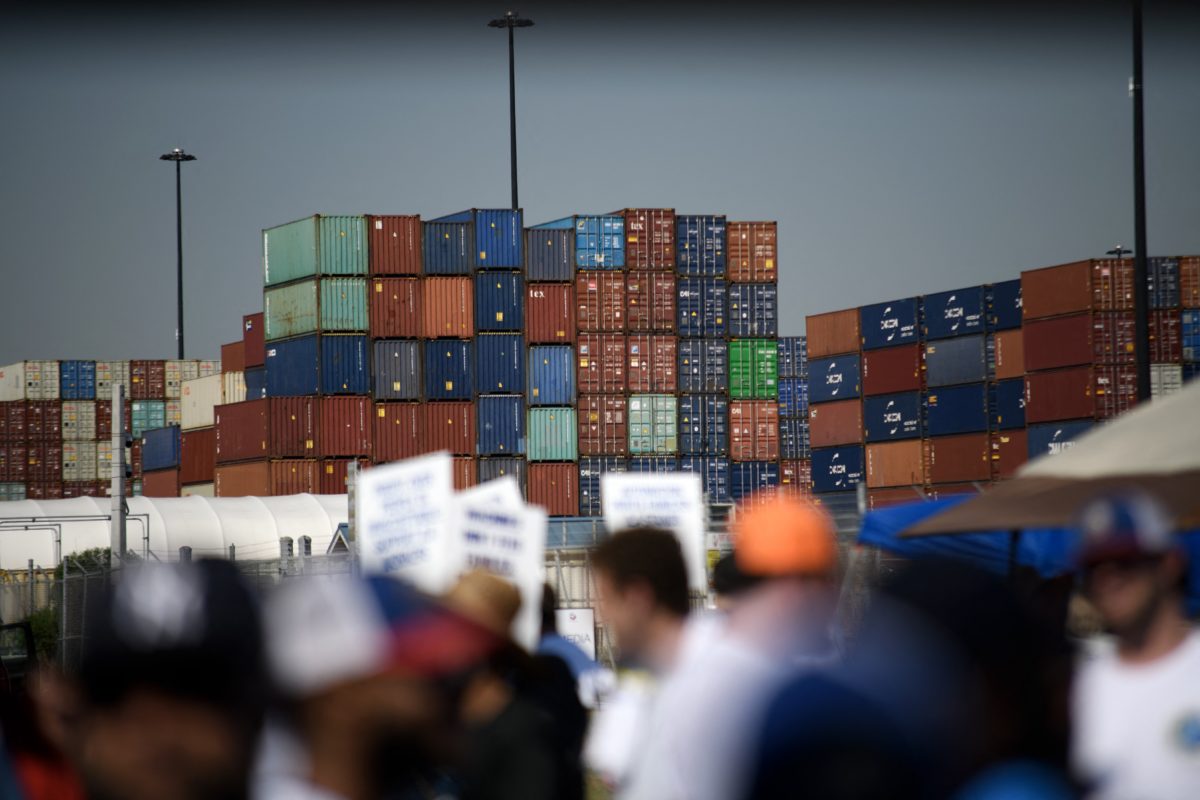The United States recently witnessed a significant strike by port workers, a movement that has sparked conversations across various industries, including shipping, labor rights and economic stability. This event has raised awareness of port workers’ immediate effects on trade and logistics and its more profound implications for the nation’s labor relations.
Port workers initiated the strike in several key locations, most notably on the West Coast, where most of the nation’s shipping activities occur. The workers, represented by the International Longshore and Warehouse Union, advocated for better wages, improved working conditions and more robust job security. The strike emphasized these workers’ critical role in the economy as supply chain issues continue to torment the industry.
Caleb Billings (9) agrees that workers and employees need fair pay.
“My perspective is that they can lead to better working conditions, higher wages and improved employee benefits. They can also help change the power balance between workers and employers. Strikes are a powerful tool that gives workers leverage to bargain and bid for fair pay and better working conditions,“ Billings said.
The decision to strike was not made lightly. Reports indicated that port workers had been negotiating for months with employers, seeking to address issues that the COVID-19 pandemic had deepened. Many workers faced brutal hours, insufficient safety measures and stagnant wages despite the rising cost of living. The Union argued that the conditions had reached a tipping point, a testament to the workers’ resilience and unwavering determination.
Seher Islam (9) agrees with the port workers and understands their determination for better pay.
“I believe they had the right to want better pay, especially after the challenges they were faced with during the pandemic. I feel the strike was necessary to receive the demands that were needed,” Islam said.
As the strike unfolded, its effects rippled throughout the economy. Major ports have experienced significant delays, affecting shipping schedules and causing a backlog of goods. Retailers and manufacturers voiced their concerns about delayed shipments and increased costs. The situation underscored the interconnectedness of the supply chain and how labor conflicts can have far-reaching and often underestimated consequences.
Ian Rhodes (11) expresses the concern many in the industry share.
“It is eye-opening to see how something like this could affect my life and millions of others so fast. It is a super important strike because if the strike doesn’t get resolved, we stand to lose hundreds of millions of dollars a day,“ Rhodes said.









